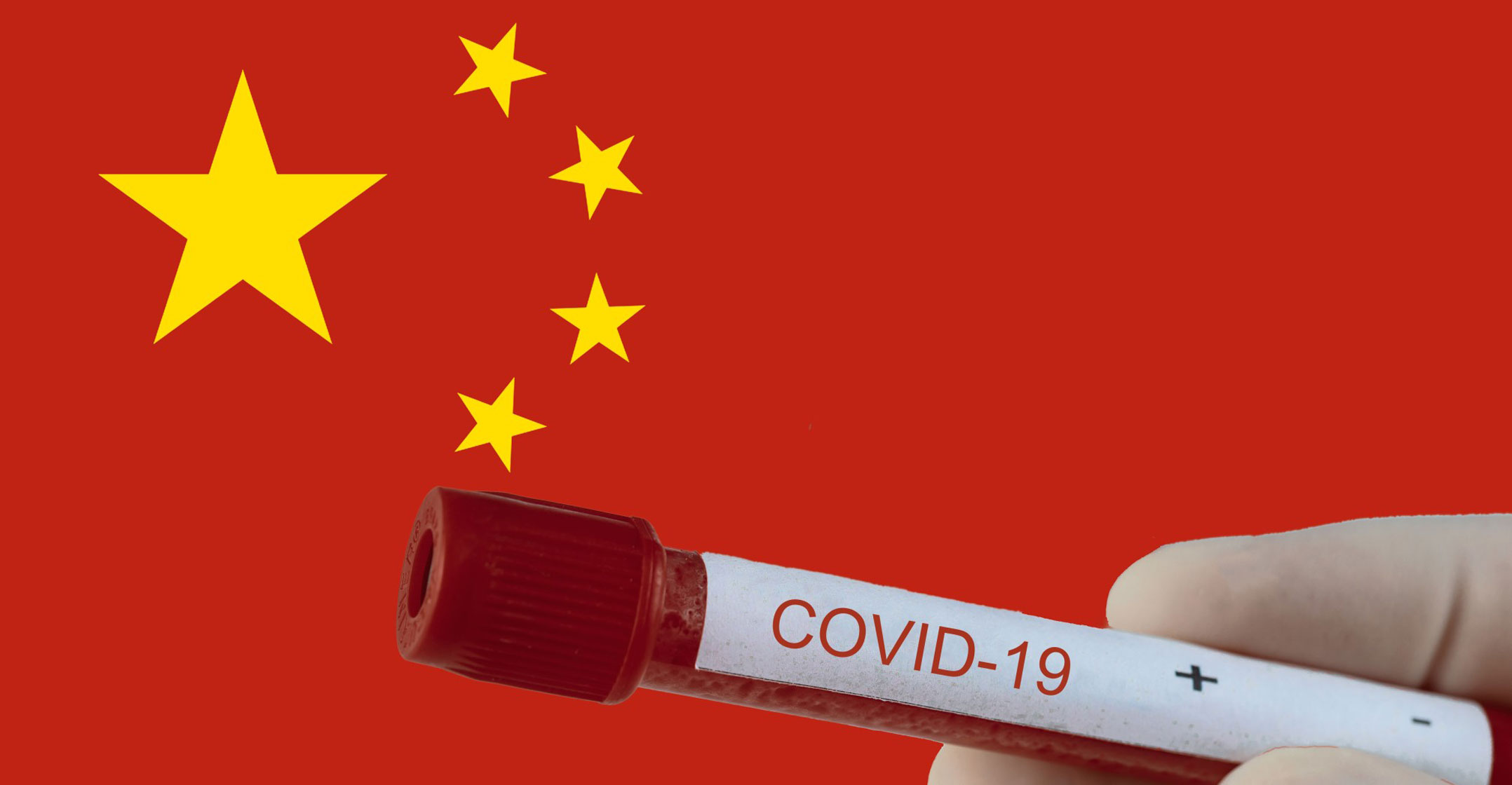 Zhengzhou, home to Apple’s largest iPhone factory, will be largely locked down for five days after officials in the Chinese city said the Covid-19 pandemic had entered a critical phase.
Zhengzhou, home to Apple’s largest iPhone factory, will be largely locked down for five days after officials in the Chinese city said the Covid-19 pandemic had entered a critical phase.
So-called mobility controls — an apparent euphemism for a lockdown — will be imposed in main urban areas from 25-29 November because of rising Covid cases, Zhengzhou’s pandemic taskforce said in a statement late on Wednesday. The city reported 996 infections on Wednesday, up from 813 a day earlier.
The new restrictions were announced after hundreds of workers at Apple’s main iPhone-making plant in Zhengzhou streamed out of dormitories earlier in the day. Crowds in the Foxconn Technology Group plant jostled and pushed past the outnumbered guards, according to videos from the scene.
According to the lockdown order, people living in areas designated as high risk must stay at home, while others are advised not to leave their residences or compounds unless necessary. Daily PCR tests will also be conducted.
Zhengzhou is known as “iPhone City” for the size of the iPhone manufacturing facilities there. The district holding these factories is not included in the eight districts to be placed under lockdown, according to the list in the government’s statement. When a district-level lockdown in Zhengzhou was lifted earlier this month, the plant was in an area classed as high risk and was still subject to curbs.
Apple shares closed 0.6% higher, paring an earlier increase of 1.1%.
Zhengzhou was previously criticised by an inspector from China’s National Bureau of Disease Control and Prevention for using blanket shutdowns instead of more precise curbs.
Virus playbook
The latest restrictions came after the central government in Beijing issued a new 20-point virus playbook, which warns against mass testing in most areas or arbitrary lockdowns by local authorities. Before Zhengzhou, major Chinese cities from Beijing to Shanghai had reverted to broad restrictions on people’s movements and mass testing exercises to contain outbreaks.
The new measures in Zhengzhou show the difficulty of applying a lighter, more targeted approach to Covid when the aim is still to suppress outbreaks. More contagious variants of the virus have made China’s Covid Zero policy, which was deployed successfully during the initial outbreak in Wuhan, virtually untenable without sweeping restrictions.
Read: Violent clashes erupt at iPhone plant in China
“Excess restrictions are hard to resist as long as containing the outbreak remains the central task of Covid Zero,” said Neo Wang, Evercore ISI MD for China Research, adding that the new measures seem justified. “That means the government will continue prioritising the protection of the industrial sector and supply chains.” — Jacob Gu and Foster Wong, with Henry Ren, (c) 2022 Bloomberg LP




